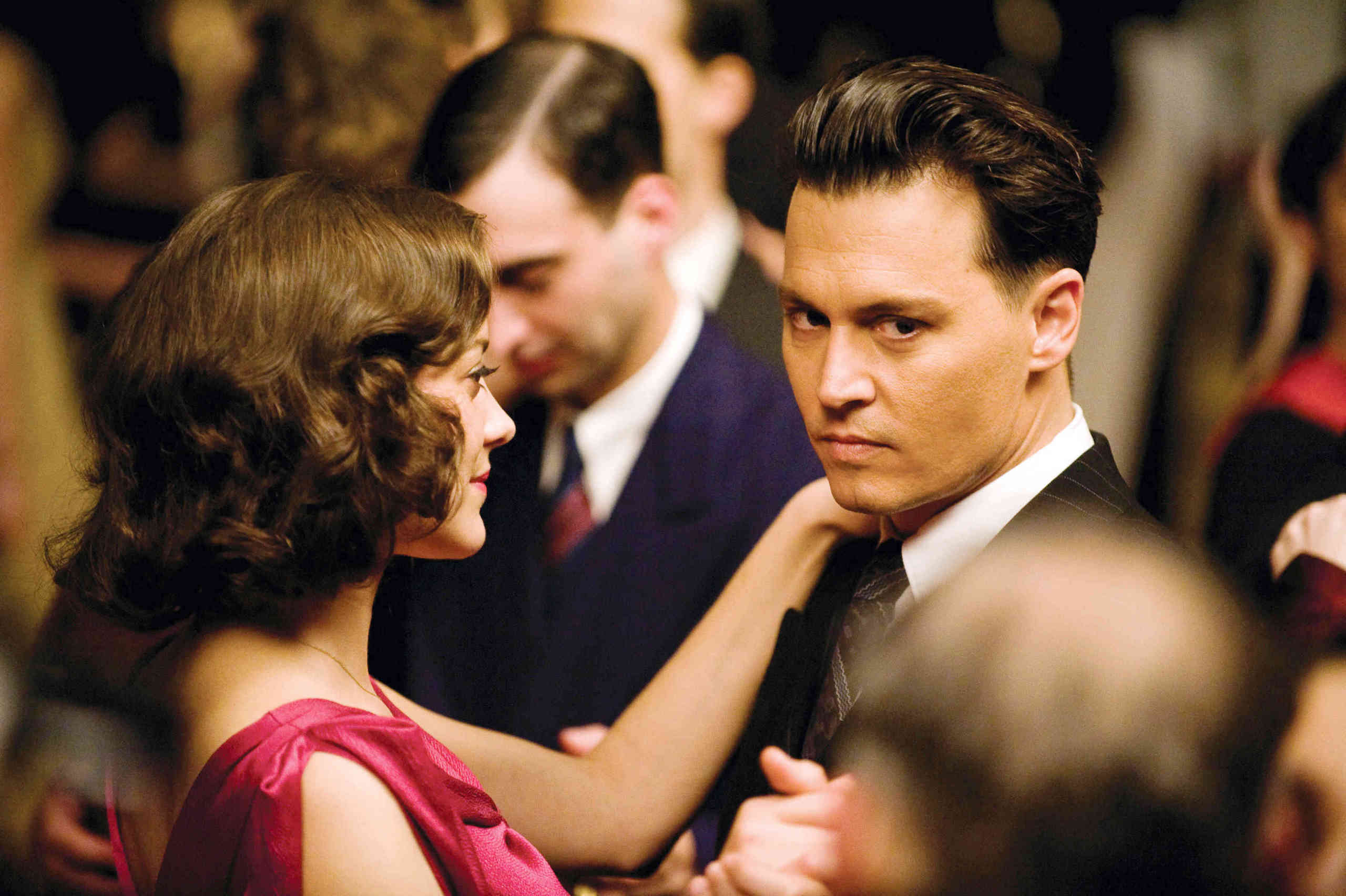I've always been fascinated by the now near mythic outlaws of the 1920s and 30s. Not that I'm alone in this considering the countless books and movies documenting--and too often glamorizing--their exploits. I still remember watching the 1988 TV movie about Al Capone's enforcer, Frank Nitti. I have no idea if it was any good, but it was the first thing that popped into my mind when Nitti made a cameo in Michael Mann's pretty close to historically accurate tale of the era's most famous most wanted, John Dillinger.
Dillinger was nothing short of a celebrity, with his media flair and Robin Hood-esque gimmick ("-esque" not because he actually gave the money he stole to the Depressed poor, but because he opted not to waste time taking the change from farmers' pockets while robbing the tens of thousands from bank vaults). As played by Johnny Depp, you can understand the public falling under the spell of this larger than life character. Unfortunately, as a viewer, I can't say the same. I never felt charmed by this well-made and stylish, but clinical and cold film.
That sentiment wasn't helped by Christian Bale's FBI Agent Melvin Purvis, hot on Dillinger's tail, but without any connection to the audience other than his job. Bale, strong in so much recently, feels wasted here. Depp is given more room to work, but it feels as if he is being restrained as well. The only person to rise above the conservative script is the always enchanting Marion Cotillard as Dillinger's girlfriend. (She's going to be in Woody Allen's next movie, Midnight in Paris, with Rachel McAdams and, in all seriousness, I'm not sure I'll be able to handle it.)
As for Mann, I certainly didn't dislike this film, but I'm less certain if I can give it a positive distillery score. And, as he most definitely will be distilled in the future, I have to look back to see if this sort of emotional detachment is common to all his films. Is it usually effective and appropriate to the material? We'll find out, though Vin may let us know the answer before then.
(One more: there is a seemingly un-Mannish scene at the end when an FBI agent tells Cotillard's character that Dillinger's last words were "Bye, bye, blackbird," which just so happened to be the title of "their" song. It just reeked of cheese.)


No comments:
Post a Comment